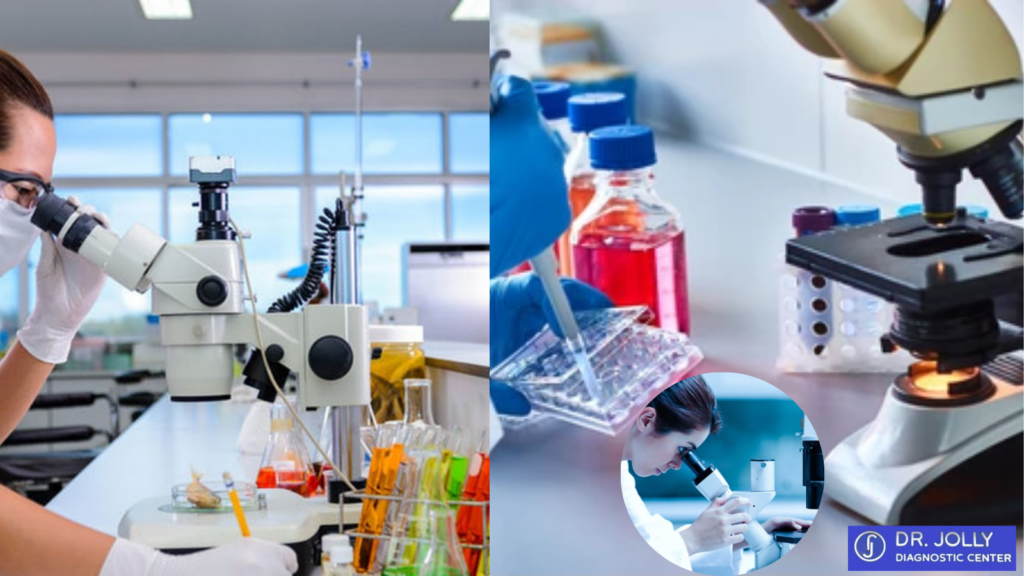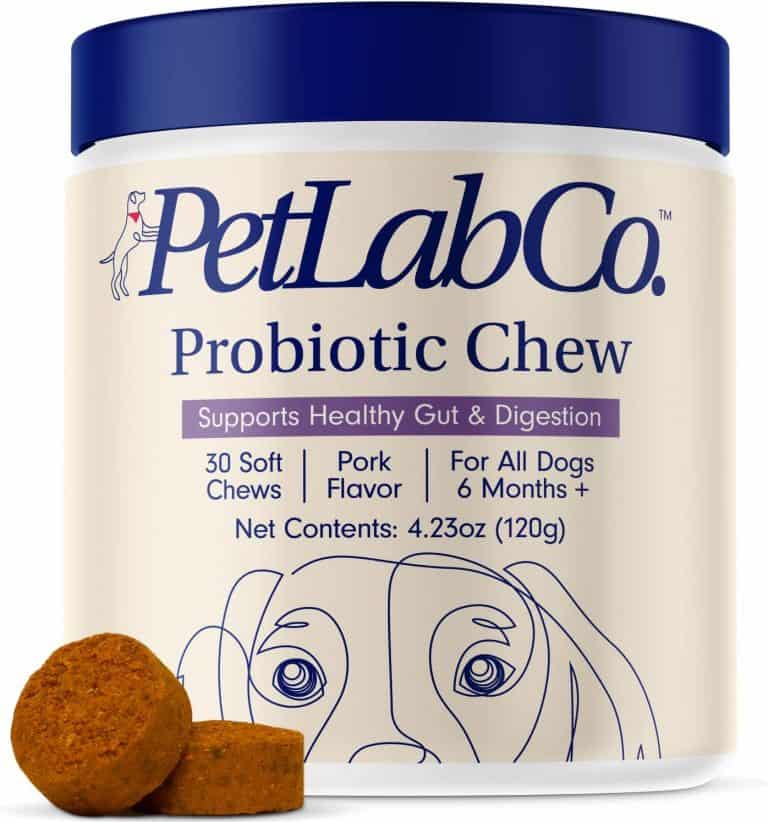The Complete Guide to Veterinary Laboratories in the United States with Expert Insights
The Complete Guide to Veterinary Laboratories in the United States with Expert Insights
Blog Article
When your pet needs specialized care, a veterinary laboratory plays a critical role in providing accurate diagnostics and treatment guidance.
By the end, you’ll understand how veterinary diagnostics support better outcomes for pets and peace of mind for owners.
Whether you’re a pet parent searching for a “veterinary lab near me” or a veterinary professional looking for top-tier lab partners, this guide will provide expert insights and practical tips.
Understanding Veterinary Labs
Just like human medical labs, veterinary labs follow strict protocols to ensure accuracy and reliability.
Veterinary labs vary in size and specialization.
Regardless of size or setup, these labs play an essential role in helping veterinarians diagnose conditions early, tailor treatments, and monitor recovery effectively.

What Tests Do Veterinary Labs Offer?
Urinalysis and fecal exams help detect infections, parasites, or metabolic issues.
For more specialized diagnostics, veterinary labs offer cytology (examining cells under a microscope), biopsies, hormone level testing (such as thyroid or cortisol), and infectious disease panels.
Whether a veterinarian is confirming diabetes, diagnosing cancer, or pagina sobre o assunto screening laboratórios veterinarios for zoonotic diseases, a reliable veterinary lab ensures the right data is available for informed decisions.
Finding the Best Local Veterinary Diagnostic Lab
Many vet clinics also have in-house labs for basic tests and refer complex cases to specialized facilities.
Online directories and veterinary associations can help locate accredited labs in your area.
Choosing the right local lab ensures quick turnaround, reliable results, and peace of mind.

Standard vs. Emergency Veterinary Laboratories
Standard labs typically process routine tests during business hours, while 24-hour veterinary labs offer emergency diagnostic services around the clock.
If your pet is facing a life-threatening condition—such as sudden collapse, poisoning, or acute trauma—a 24-hour lab can deliver rapid results needed for immediate treatment.
Discuss with your veterinarian which lab setup best suits your pet’s needs.
The Importance of Veterinary Lab Testing
Veterinary diagnostics are the backbone of modern animal healthcare.
Blood tests, for example, can detect kidney or liver dysfunction early, allowing for interventions that prolong quality of life.
Ultimately, investing in proper veterinary diagnostics is an investment in your pet’s well-being.
Final Thoughts on Veterinary Diagnostics
In today’s world, ensuring your pet receives top-quality care means partnering with the right veterinary laboratory.
By understanding the range of services veterinary labs offer, knowing when to seek 24-hour support, and learning how to find reputable labs near you, you empower yourself to make the best choices for your animal companion.
With the right partnerships in place, you’re giving your pet the best possible chance at a happy, healthy life.
FAQ About Veterinary Laboratories
What does a veterinary lab do?
These labs support veterinarians by providing accurate, fast diagnostic information essential for proper care.
Are there local veterinary labs for pet testing?
You can also search online directories or check with veterinary associations to find accredited labs in your area.
How do I know if I need an emergency vet lab?
Always consult your emergency vet to determine the best course of action.
What are common veterinary diagnostic services?
These tests help detect infections, organ issues, cancers, and metabolic diseases.
Are veterinary diagnostics expensive?
Routine bloodwork may range from $50–$200, while specialized or emergency tests can cost more.
Report this page